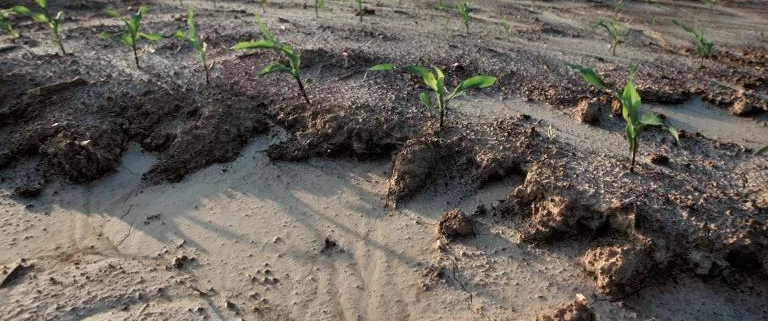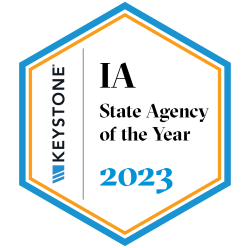Crop Insurance 101: Conservation Compliance
Conservation compliance aims to protect soil and water resources by ensuring that conservation measures are applied to sensitive lands. Compliance is a condition for participating in most FSA and NRCS programs, thereby encouraging sustainable agricultural practices and the protection of natural resources.
The Food Security Act of 1985, as amended, requires producers to file a Highly Erodible Land Conservation and Wetland Conservation Certification form (AD-1026) with their local Farm Service Agency (FSA) office by June 1st, to be eligible for premium subsidy for the following reinsurance year.
Completing the form, the producer is certifying their agreement to the following conditions:
- Not produce an agricultural commodity on highly erodible land without a conservation system:
- Producers must implement an approved conservation plan that addresses soil erosion and other conservation concerns on highly erodible lands.
- Not plant an agricultural commodity on a converted wetland:
- Wetlands that have been altered or converted for the purpose of agricultural production cannot be used for planting agricultural commodities.
- Not convert a wetland to make possible the production of an agricultural commodity:
- Wetlands cannot be drained, filled, leveled, or otherwise manipulated to create conditions suitable for agricultural production.
If the form was not completed, the insured will not receive a premium subsidy for the full crop year unless they meet the requirements for an exemption.
To learn more about the insurance products available for farm risk management, reach out to Chelsea Heatherington at Kingsgate Insurance.
Chelsea Heatherington, Farm & Ag Specialist
Call or Text: 515-302-8400
Email: chelsea@kingsgateins.com







Leave a Reply
Want to join the discussion?Feel free to contribute!